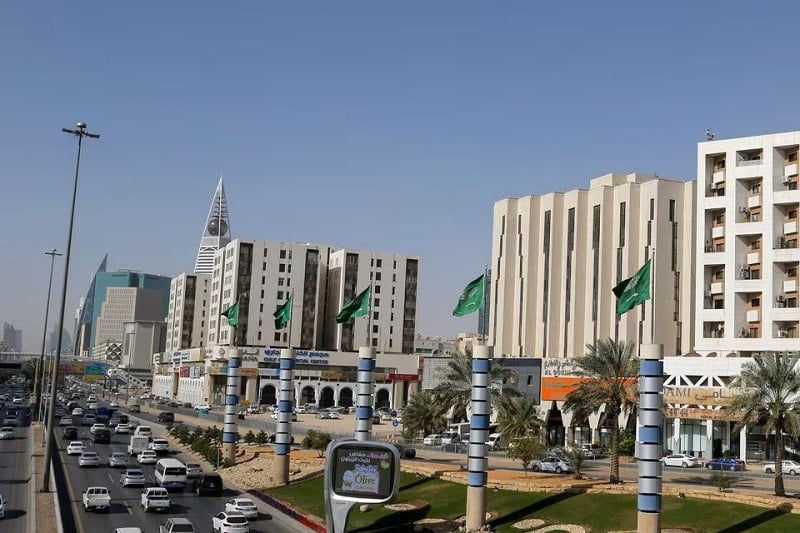The Saudi capital Riyadh is set to welcome its first alcohol store, catering just to non-Muslim diplomats, as revealed by a source acquainted with the plans and a document.

According to the paper that Reuters saw, customers will be required to register through a mobile app, obtain a clearance code from the foreign ministry, and adhere to monthly purchase limitations.
As consuming alcohol is strictly prohibited in Islam, this move marks a significant step in the kingdom’s endeavours, spearheaded by Saudi Crown Prince Mohammed bin Salman, to welcome tourists and businesses to the traditionally conservative Muslim nation.
The larger goal of creating an economy independent on oil is called Vision 2030, of which it is a component.
The new store will be “strictly restricted” to non-Muslims, according to the document. It is located in Riyadh’s Diplomatic Quarter, an area where embassies and diplomats dwell.
Whether the business will be accessible to non-Muslim expats was not made clear. The majority of the millions of foreign nationals residing in Saudi Arabia are Muslim labourers hailing from Asia and Egypt.
According to someone in the know, the store’s grand opening is set for the next few weeks.
The consumption of alcoholic beverages is strictly prohibited in Saudi Arabia and carries severe penalties, including deportation, fines, incarceration, or even hundreds of flogging for foreign nationals. The measures mainly aimed at substituting jail terms for whipping.
Until recently, the only ways to get alcohol were through the underground market or diplomatic mail.
On Wednesday, the administration backed up claims made by state-run media that it was tightening regulations on diplomatic shipments that contained alcohol.
The new rules were put in place to combat the illegal trade of alcoholic goods and products that diplomatic missions receive, according to its Centre of International Communication (CIC).
“All diplomats of non-Muslim embassies will have access to these products in specified quotas,” the CIC stated in a statement to Reuters, adding that “this new process will continue to grant and ensure that”.
While mentioning that the new framework honoured international diplomatic conventions, the statement omitted any mention of the proposed alcohol store.
Relatively closed off for decades, Saudi Arabia has recently loosened stringent social norms, such as mandating women to wear all-covering black robes, or abayas, and segregating men and women in public places.
Opening the kingdom to non-religious tourism, concerts, and women drivers, as well as cracking down on dissent and political opponents, are all changes that have come with Prince Mohammed’s increasing hold on power.
In addition to creating hundreds of thousands of new jobs for Saudi citizens, Vision 2030 seeks to build local industry and logistics hubs.










































